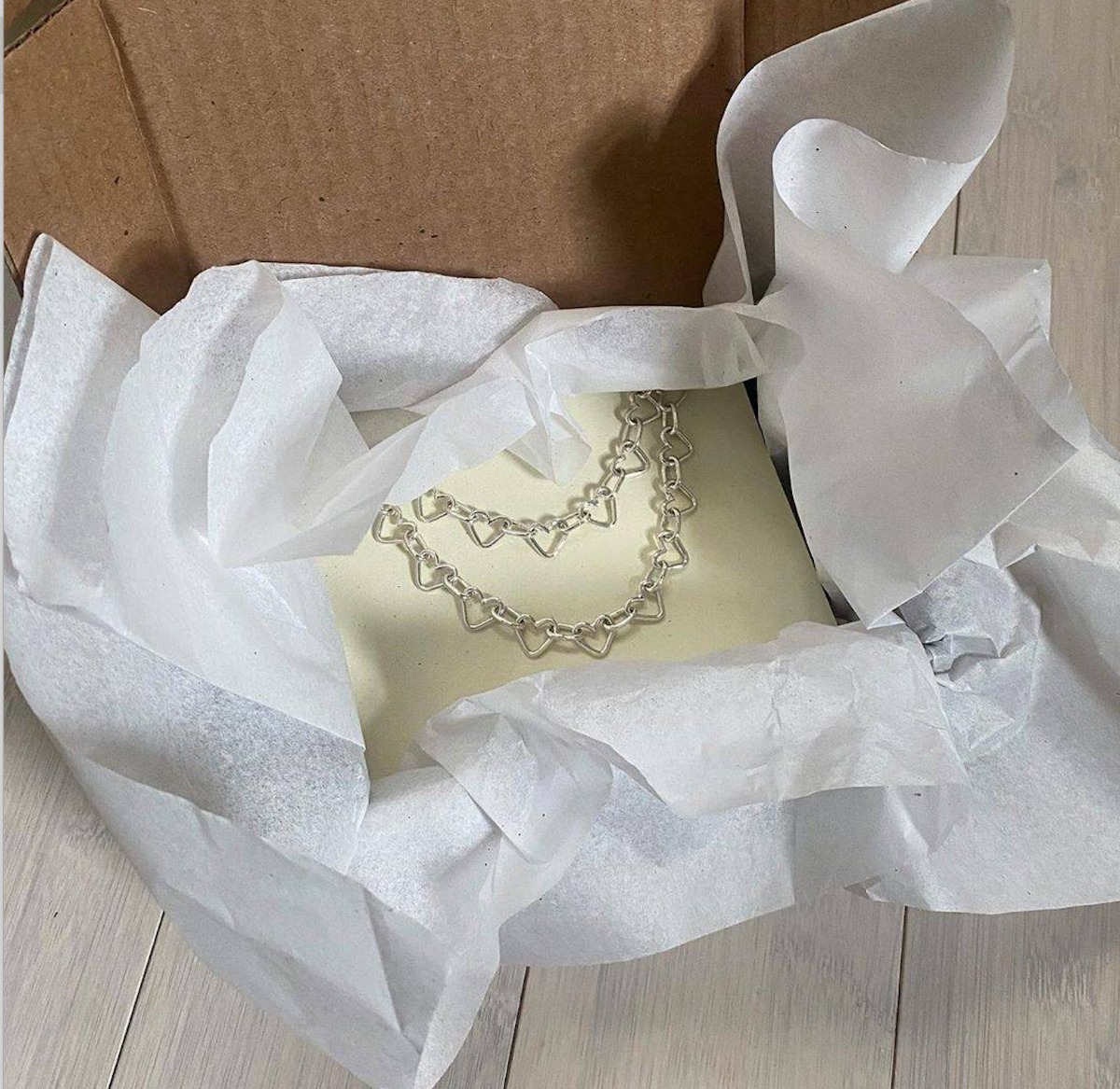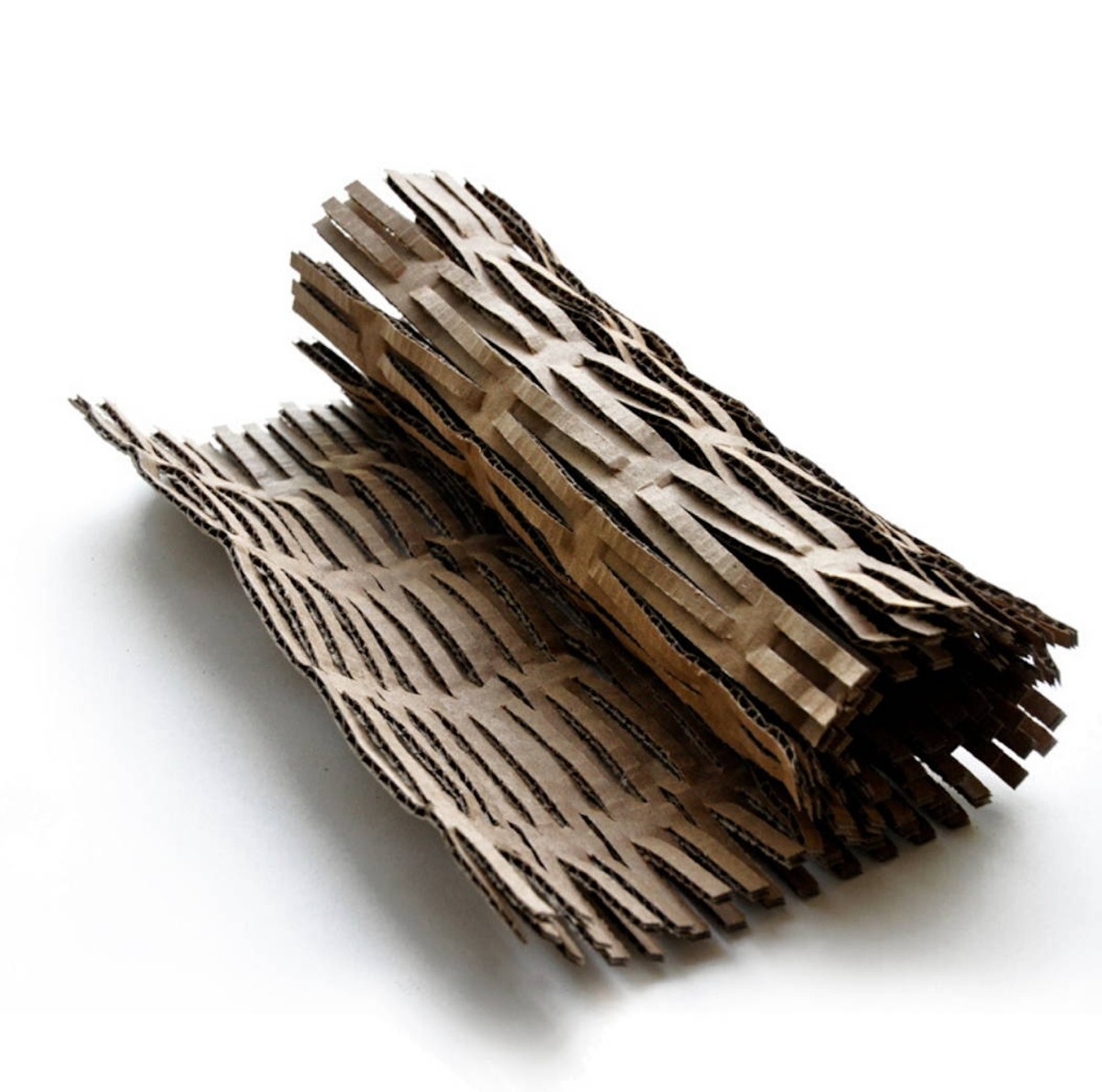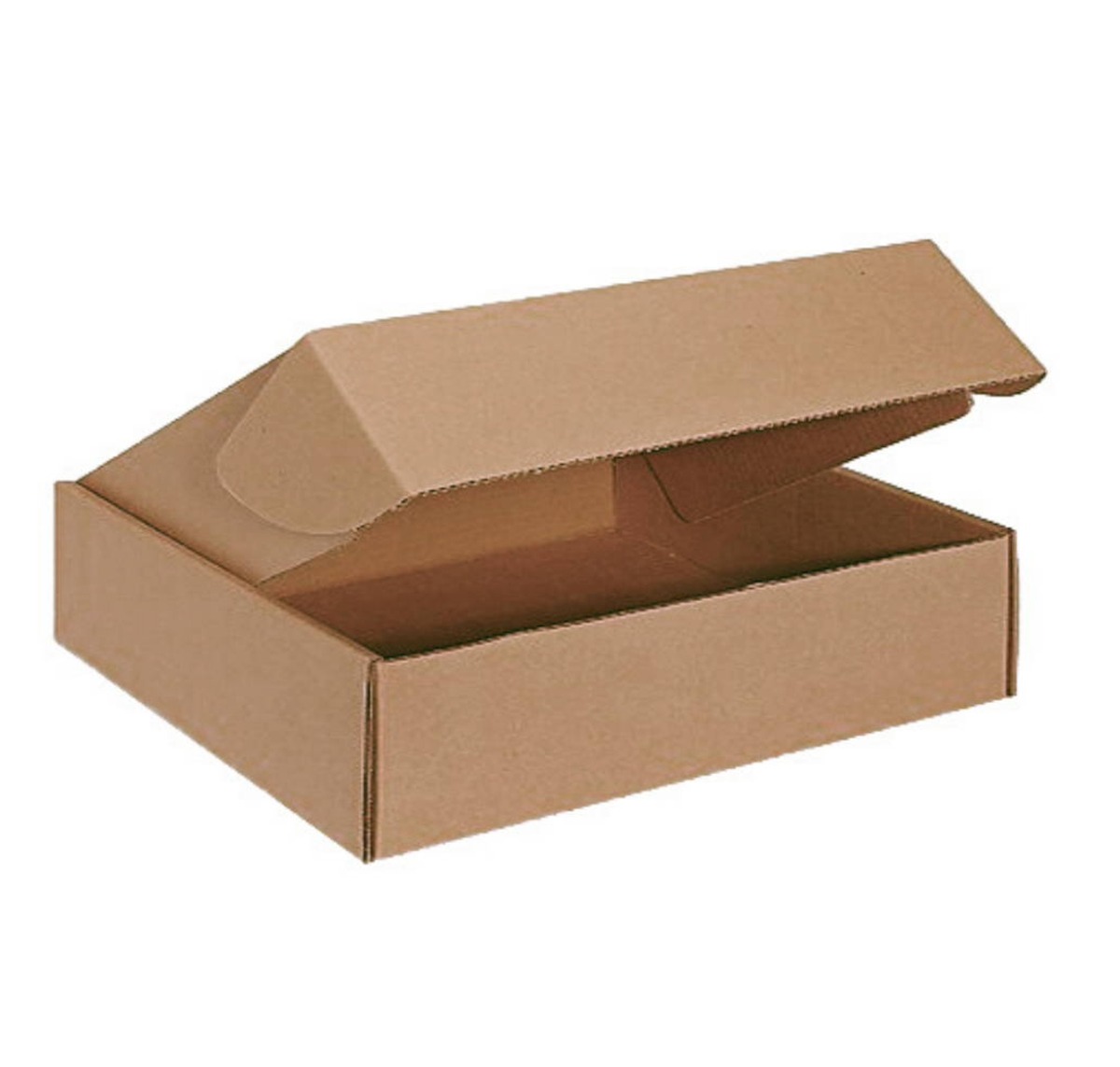Plan a Beautiful & Eco-Friendly Wedding: Tips for a Sustainable Celebration

You’ve been to countless incredible weddings and have been dreaming of your own beautiful, memorable affair, but there is one important consideration that often goes overlooked, sustainability. Between food waste, single-use flowers, and the amount of trash generated, a traditional wedding can be incredibly damaging to the planet. But, it doesn’t have to be that way. You can have a gorgeous and ecologically thoughtful wedding. In fact, we would argue that the more sustainable choices often lead to an even more incredible and memorable event. Here are nine tips to help you consider the planet as you plan your big day:
1. Responsibly Sourced Engagement and Wedding Rings

The mining of diamonds for traditional engagement rings comes with a lot of forced labor, unfair treatment of workers, and harsh environmental practices throughout the diamond mining industry. Thankfully, many consumers and businesses have become aware of these practices and are turning to better options. Seek out companies and rings that are made with recycled metals, lab-grown or conflict-free diamonds, reclaimed precious stones, have relevant certifications (such as SCS certification, Responsible Jewelry Council, etc.), and have transparent and ethical supply chains. Or, consider simpler options, such as sustainably sourced wooden rings. With so many purchasing their rings online these days, be sure your rings arrive in sustainable packaging.
2. Digital or Recycled Wedding Invitations
Consider virtual save the dates and invitations, skipping the paper and shipping altogether! If wedding invitations are a tradition you’re not ready to skip, look for simple invitations that are made with 100% post-consumer recycled content, printed with water-based inks, and are curbside recyclable.
3. Select a Natural, sustainable venue

Consider how your venue can help you make more eco-friendly decisions all around. For example, getting married at a non-profit facility means your payment will help fund a good cause. Getting married in a natural, outdoor setting will minimize the need for single-use decorations.
4. Use Local, natural flowers
If you’re getting married in the great outdoors, your need for floral arrangements will be minimal–a sustainability win! If fresh-cut flowers are critical, look for seasonal, locally grown flowers and bring wildflowers into your arrangements. Or skip cut flowers and go with potted plants, ranging from ferns to orchids to succulents. Regardless of the avenue you choose, be thoughtful about how you dispose of your plants and flowers. Local nonprofits can help donate these flowers to local hospitals and nursing homes. If that isn’t an option, be sure to compost rather than landfill these flowers.
5. rent or thrift your Decorations

If you’re adding signage, candles, lanterns, tablecloths, mirrors, picture frames, and more, avoid buying these single-use items new. Instead, look for used options and rent what you can. At the end of your wedding, donate anything you haven’t rented or won’t be able to use in your house long-term.
6. source sustainable Food
When it comes to your wedding food, evaluate your offerings across a few lenses. First, how eco-friendly is your menu itself? Look for ways to reduce meat (and find thoughtfully-raised meat options when possible). Try to work with local and independently owned restaurants and caterers, ideally ones who source locally and use sustainably grown food. Perhaps more important than what you serve is how much you serve. Weddings produce a lot of food waste! Skip buffets and keep portions reasonably sized, with a focus on minimizing the amount of food waste produced at the end of your event. Desserts, in particular, tend to go to waste so consider skipping those massive dessert bars that are gorgeous, but often serve more of a visual purpose than actually feeding your guests!
7. Pick a Location that minimizes travel

When carbon emissions of weddings are assessed, the biggest footprint is typically generated by the fact that so many guests have to fly to attend. By strategically selecting your location, and trimming your guest list, you can minimize the amount of total miles your guests have to travel. This single step can have a significant impact on the ultimate carbon footprint of your event.
8. Consider Alternative Registries
With so many couples getting married after they have established themselves in their home, the need for a registry for physical gifts has reduced tremendously. If that describes you, alternative gift registries may be right up your alley. These registries can give your guests a chance to contribute to your honeymoon or a charity of your choice. If a physical gift registry is right for you, look for products made thoughtfully and produced by companies whose values you believe in. And, skip the unnecessary gift wrap, or at the very least, opt for 100% recycled and recyclable gift wrap instead.
9. offset your carbon footprint
Organizations like TerraPass or Just Energy can help you calculate the carbon emissions of your big day and...offset this impact by investing in a carbon offset project, such as a wind energy or a methane capture project.
We partnered with Eco Enclose to get this sustainable packaging on your radar. As always, thank you for supporting our sponsors!
- Sustainable, Recyclable Packaging: Eco Enclose